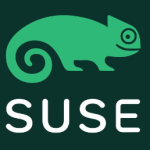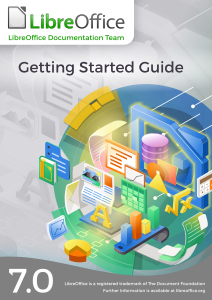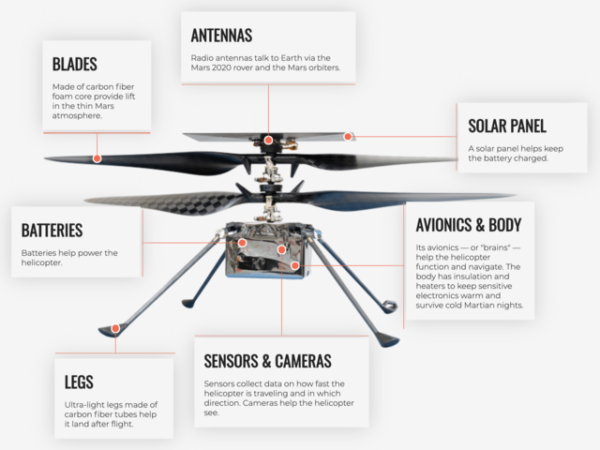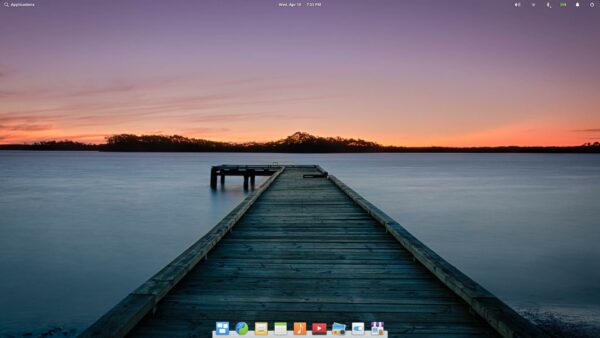SUSE IPO this summer
 SUSE was the first Linux distribution I actually used as a day-to-day working system over 15 years ago. It was the distribution on which I learnt about Linux, so it has a special place in my affections.
SUSE was the first Linux distribution I actually used as a day-to-day working system over 15 years ago. It was the distribution on which I learnt about Linux, so it has a special place in my affections.
The impetus to install it came from a friend who bought a set of 5 installation CDs off eBay for me as a present.
Later on, I treated myself to SUSE Linux Professional 9.3 for some £50. It came as a box set of 2 DVDs and 5 CDs, along with a doorstep-sized manual.
SUSE is a good, solid distribution and excellent for business use with its SUSE Enterprise Linux server and desktop offerings and paid-for support.
SUSE also sponsors the community-supported openSUSE project, which develops the openSUSE Linux distribution, which is available in both rolling release (Tumbleweed) and regular release (Leap) versions.
Founded in Germany 1992, SUSE was the first company to market Linux to business. Over the years its ownership has changed many times. In 2004 it was acquired by Novell. Novell and with it SUSE were then purchased by Attachmate (with financial assistance from Microsoft) in 2010. In 2014 Microfocus acquired Attachmate and SUSE was spun off as a separate division under the name SUSE Software Solutions Germany GmbH. Finally, EQT purchased SUSE from Micro Focus for $2.5 billion in March 2019.
News has now emerged that SUSE is being prepared for stock flotation in Europe in via an IPO in the next few months (May is mentioned as the earliest date) with Bank of America and Morgan Stanley executing the IPO with the aid of Goldman Sachs, Deutsche Bank, and Jefferies.
According to Le Monde Informatique, SUSE is likely to have a market valuation of €7-8 bn. for the IPO.

 Amazon was forced to apologise and blamed a “technical error” for a customer being unable to post a review in Welsh of a novel written in Welsh,
Amazon was forced to apologise and blamed a “technical error” for a customer being unable to post a review in Welsh of a novel written in Welsh,  historic judgment in Italy, Lenovo was ordered to pay €20,000 euros in damages for abusive behaviour for refusing to refund the price of a pre-installed Windows licence in a case initiated by Free Software Foundation Europe (FSFE) supporter Luca Bonissi, the
historic judgment in Italy, Lenovo was ordered to pay €20,000 euros in damages for abusive behaviour for refusing to refund the price of a pre-installed Windows licence in a case initiated by Free Software Foundation Europe (FSFE) supporter Luca Bonissi, the  The Document Foundation’s blog
The Document Foundation’s blog  On Wednesday the Linux Foundation and Google
On Wednesday the Linux Foundation and Google  Earlier this week, version 86.0 of the Firefox web browser was released.
Earlier this week, version 86.0 of the Firefox web browser was released.

